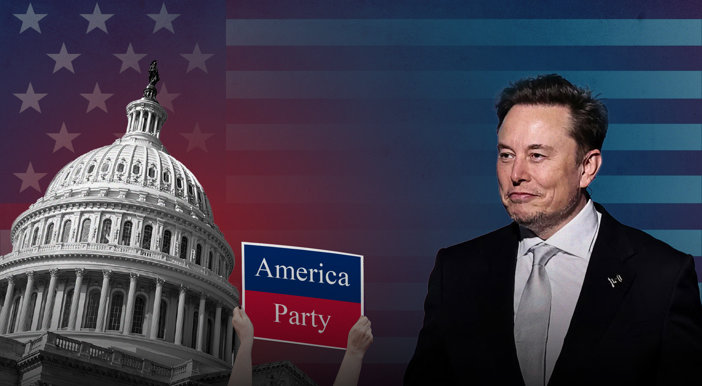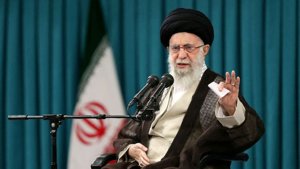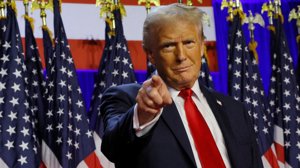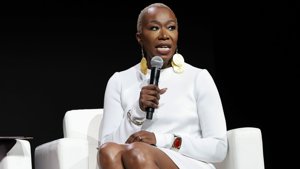
Musk’s America Party Could Reshape Congress, Spark GOP Fears
Elon Musk’s new America Party draws support and criticism, with GOP leaders warning it may tip Congress to Democrats.
Musk’s Break with Trump and New Political Venture
Elon Musk has officially launched the America Party, a new third-party political movement designed to disrupt the traditional two-party system in the United States. Musk, who served as a White House advisor for the first months of President Donald Trump’s second administration and was the cycle’s top political donor, announced the party’s formation on his social platform X. This move comes after a major fallout with President Trump, prompted by the administration’s sweeping domestic policy bill that eliminated tax breaks for electric vehicles—a measure Musk fiercely opposed.
Musk’s public feud with Trump, including accusations about campaign support and harsh criticism of government spending, culminated in his announcement of the America Party just days after leaving his White House advisory post. Musk contends that his new party is aimed at shaking up the so-called “duopoly” of American politics and intends to focus first on a handful of competitive House and Senate races in next year’s midterm elections, rather than an immediate presidential bid.
Yang Collaboration, GOP Criticism, and Political Risks
Musk has reached out to Andrew Yang, a former presidential contender and founder of the Forward Party, seeking advice on building an independent movement. Yang, who received Musk’s endorsement in his 2020 presidential campaign, expressed enthusiasm for efforts to break the two-party mold and offered insights into the difficulties of achieving national ballot access. Both men share a history of challenging the status quo and appeal to voters dissatisfied with mainstream politics.
The move has not been without consequences. Trump has ridiculed Musk’s efforts, insisting that “third parties have never worked” and warning that such a split would only “add to confusion.” Governor Ron DeSantis of Florida echoed these concerns, suggesting that if Musk’s America Party funds candidates in key races, it may hand control of Congress to Democrats. DeSantis instead advocated for focusing on constitutional amendments, such as a balanced budget and term limits, to rein in spending and restore trust in government.
Republican strategists and business analysts have also noted that Musk’s political activities have coincided with turbulence for his flagship company Tesla, whose stock has suffered amid distractions from the CEO’s political ambitions and public controversies. Critics point to Tesla’s falling sales in China and Europe, linking reputational risk to Musk’s high-profile disputes with both political parties.
Third Party Challenges and the High Stakes Ahead
Launching a viable third party in the US is notoriously difficult, with historical efforts rarely achieving sustained electoral success. Analysts note that even targeted campaigns in a handful of swing districts could dramatically affect the balance of power in Congress, given razor-thin legislative margins. Musk has argued that strategic intervention in just a few races could give his America Party a kingmaker role in shaping national policy—potentially thwarting Republican majorities and influencing contentious legislation.
As the America Party prepares for its debut in the midterms, the risks and rewards are high for both Musk and the US political landscape. Proponents argue that new voices and outsider perspectives are desperately needed in Washington, while detractors warn of unintended consequences—particularly the possibility that splitting the right-of-center vote could lead to Democratic gains and undermine efforts to address the national debt.
The coming election cycle will test whether Musk’s experiment in political disruption can overcome structural barriers, unite dissatisfied voters, and change the course of US governance—or simply add a new chapter to the country’s long-running debate over third parties.






